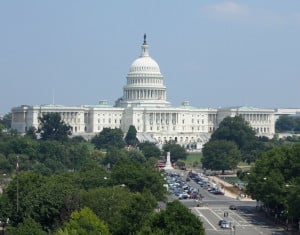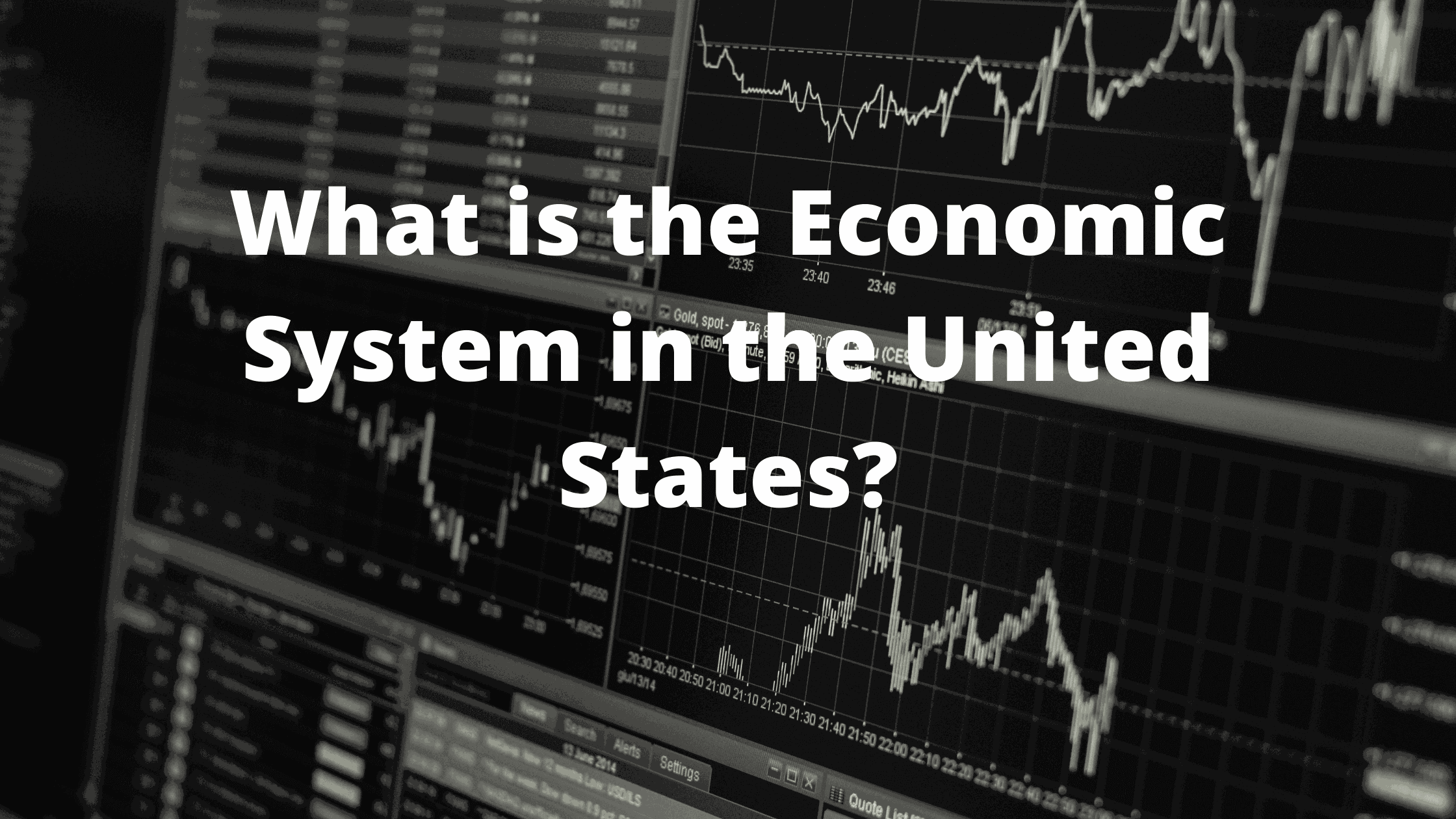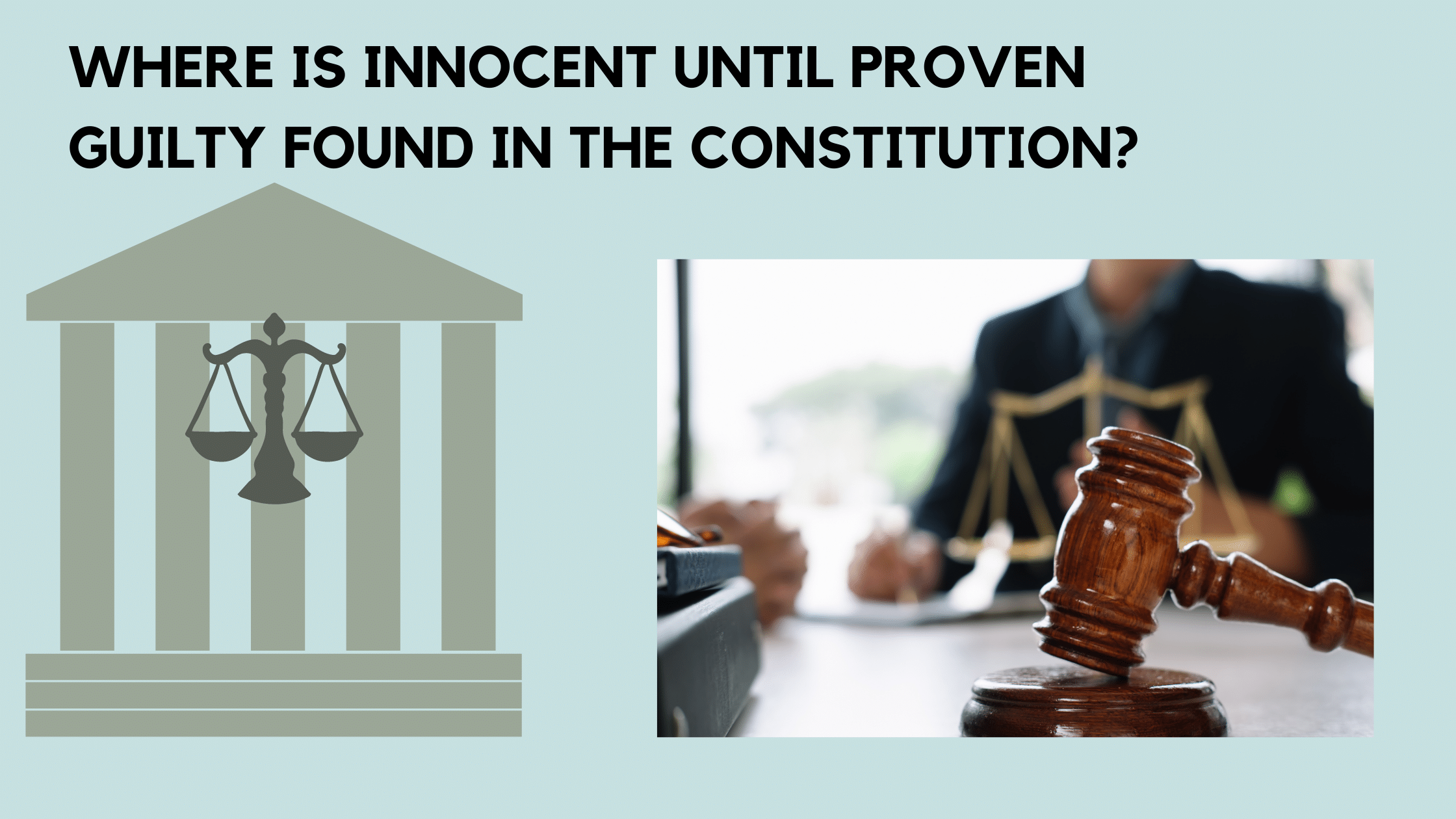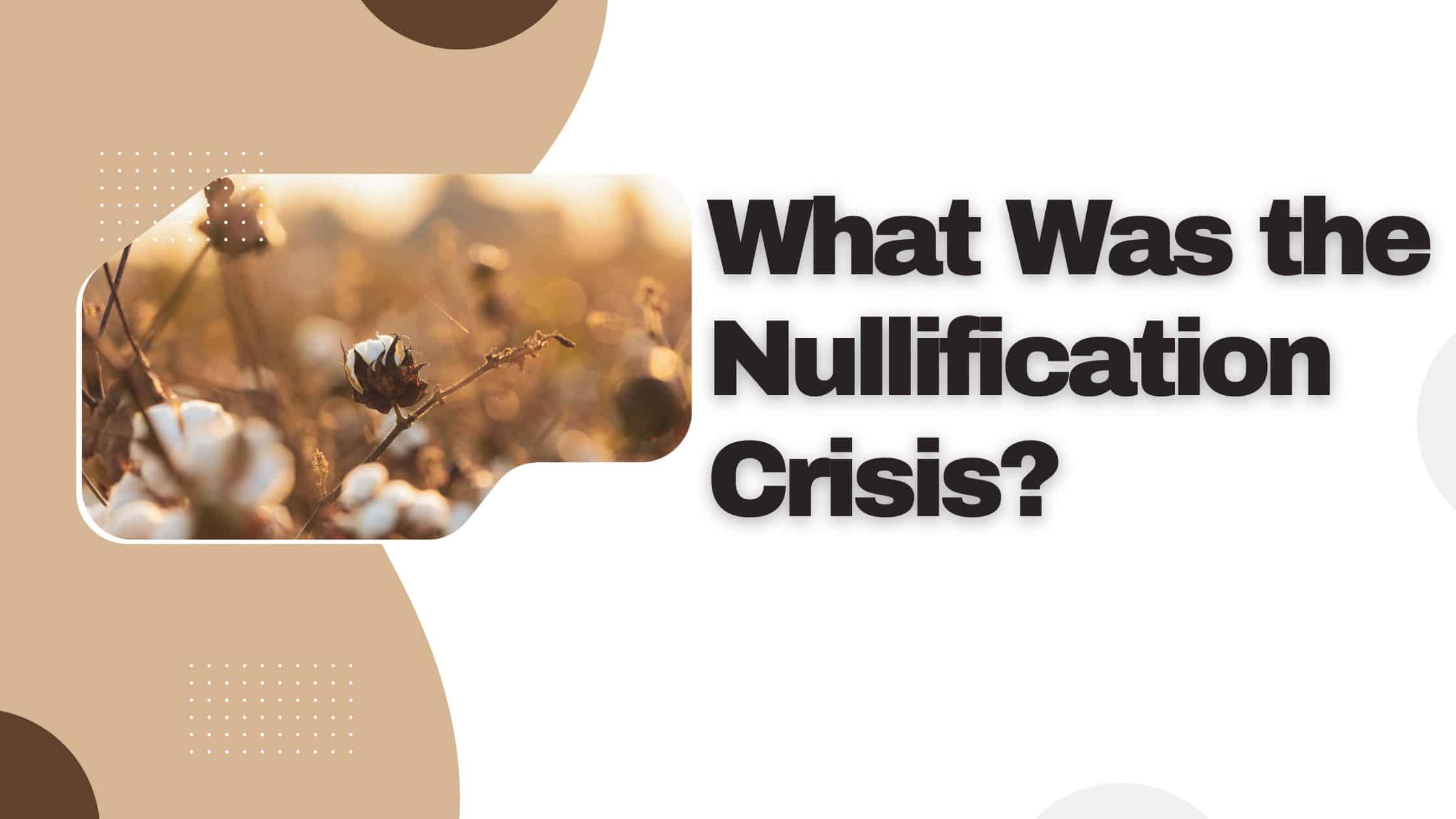Table of Contents
ToggleThe Economic System in the United States
The Economic System in the United States is known as a mixed economy.
This system combines elements of free market capitalism with government intervention. Economists often describe it as part capitalist and part socialist.

Get Smarter on US News, History, and the Constitution
Join the thousands of fellow patriots who rely on our 5-minute newsletter to stay informed on the key events and trends that shaped our nation's past and continue to shape its present.
What Is A Mixed Economy?
The United States economy operates with private businesses and government regulation.
In a free market, supply and demand naturally balance production. For example, if there’s a shortage of toasters, prices rise, and companies make more. When supply increases, prices fall again.
While businesses compete with one another in a market-driven economy, the government also controls certain areas, such as education, roads, and postal delivery.
In addition, Federal and state governments regulate how businesses and industries operate.
The federal government regulates industry and businesses through employment and labor laws.
For example, it establishes workplace safety standards, guidelines for equal opportunity hiring, and family and medical leave provisions.
History of Increased Government Involvement
During the early 20th century, government involvement in the U.S. economy increased during what is referred to as the Progressive Era.
The federal government began to break up monopolies through anti-trust laws and regulate key industries, such as railroads and steel. The government also started to provide worker protections, including for unions.

By the 1930s, the New Deal under Franklin Delano Roosevelt increased government involvement in the market economy.
For example, the federal government began to provide pensions for retirees and employment insurance through the Social Security Act. It also began to protect the right to form unions and ensure that companies would allow for collective bargaining rights under the National Labor Relations Act.
The 1960s were also a period of increased government involvement in the economy. During this period, health coverage under Medicare and Medicaid was established by the federal government for elderly and lower-income individuals and families.
The Equal Employment Opportunity Commission was also established to prevent discrimination in hiring practices.
Types of Economic Systems
While the U.S. government has increased its involvement in the market economy, the U.S. has not become a command economy.
Under a command economy, the government controls most, if not all, of the economy. This type of economic system is used in communist countries.
During the second half of the nineteenth century, the United States came closer to practicing a free market economy.
This type of system had little government oversight over industry and business. Instead, the laws of supply and demand tended to regulate how the economy operated.
Socialism means public ownership of major industries, where the government controls production and prices.
Capitalism and the United States
The U.S. is mostly capitalist but includes government regulation.
The U.S. economic system has goods and services under private ownership or through corporate investments.
However, government intervention plays a crucial role too.
The federal government intervenes in the economy by using tax and tariff rates. It also has the authority to set minimum and maximum price rates.
For example, the federal government sets a national minimum wage. A state or city government can establish rent control laws establishing the maximum rate that renters can charge.
In a purely capitalist system, these types of actions would not occur.
Large industries like banking, energy, and transportation are mainly private. The government does not nationalize them but regulates them when needed.
Political Debate on Government Intervention
Americans often disagree on how much government control there should be.
Republicans generally support lower taxes and less regulation. Democrats usually support more public programs.
Libertarians think even Republican taxes are too high, while socialists think Democrats are too centrist.
Both parties spend heavily during wars or crises, showing that government action is accepted when necessary.
Comparison to Other Countries
The United States is far closer to capitalism than communism.
China still has many state-owned industries, though its private sector now makes up about 60% of its economy.
Western European countries are generally more socialist and have higher taxes.
Singapore, Hong Kong, and Canada are examples of wealthy nations with lower taxes and smaller governments, showing that different systems can work.
The Mixed Economic System in the United States
While debates continue today about how much government regulation there should be, most economists positively view the mixed economic system in the United States.
There tends to be a consensus that free enterprise and government management have helped the US economy.
Government officials and business leaders especially play a crucial role in helping sustain a healthy labor force.
The government provides resources through health and unemployment insurance, while companies offer retirement savings accounts, stock options, and career programs.
This dual approach is fundamental to the mixed economic system of the United States.
Some people argue that taxes in the U.S. are too high, while others believe higher taxes help fund important public services. Most agree that finding a balance is key to keeping the mixed economy strong.











